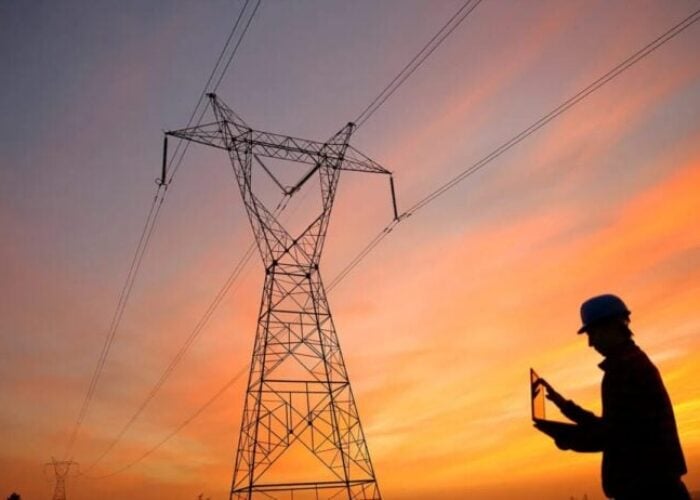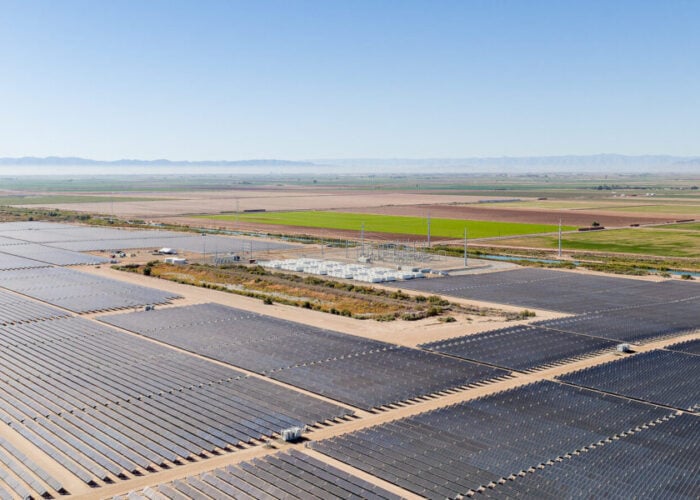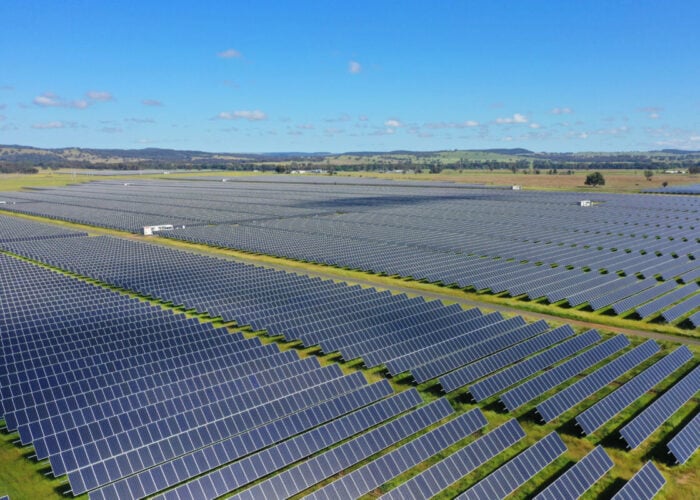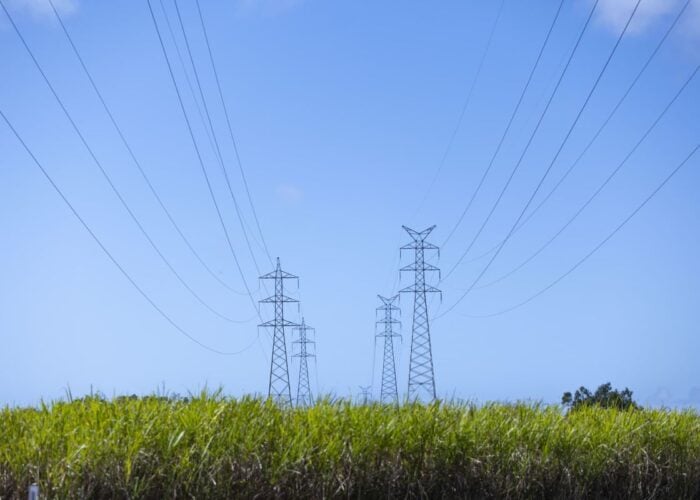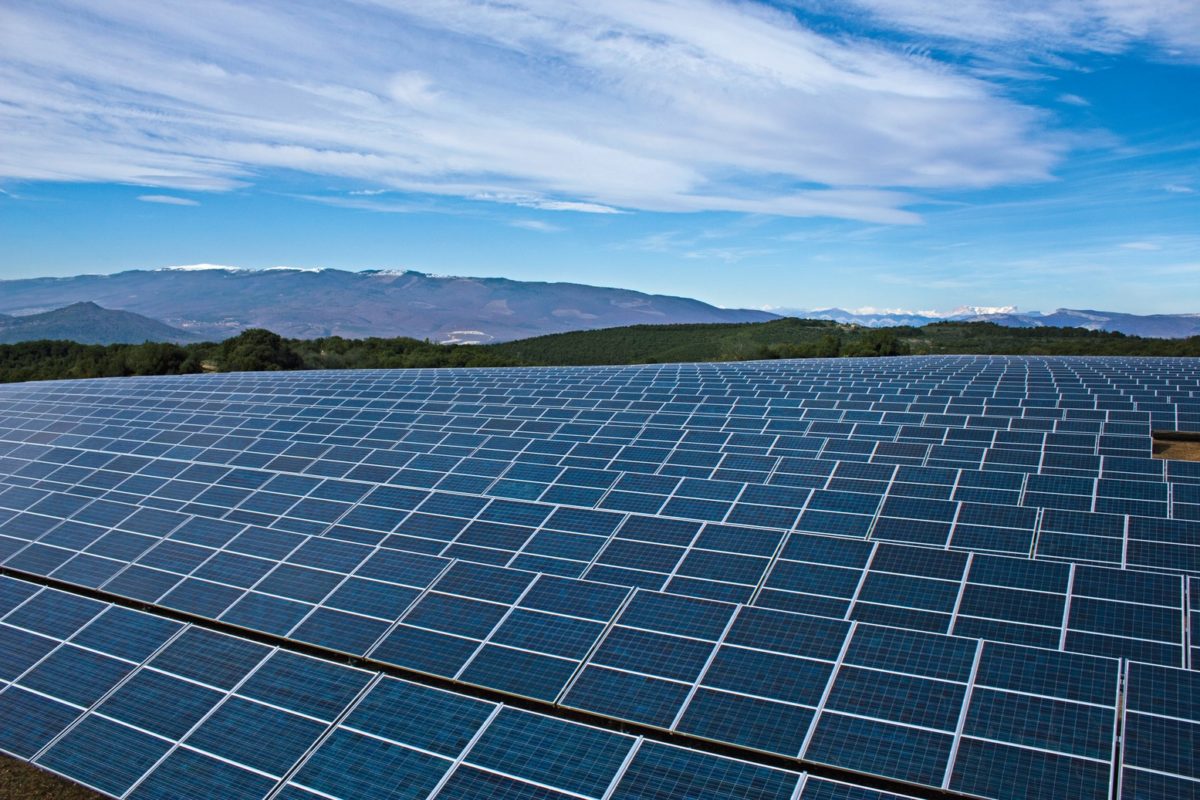
The Chilean Congress has passed a major law on electricity transmission, which will help the development of both renewable and non-renewable energy projects.
Under the policy, which was entered into the Congress in October 2015, a new national interconnected power system will be established alongside a new independent operator.
Unlock unlimited access for 12 whole months of distinctive global analysis
Photovoltaics International is now included.
- Regular insight and analysis of the industry’s biggest developments
- In-depth interviews with the industry’s leading figures
- Unlimited digital access to the PV Tech Power journal catalogue
- Unlimited digital access to the Photovoltaics International journal catalogue
- Access to more than 1,000 technical papers
- Discounts on Solar Media’s portfolio of events, in-person and virtual
Chile has seen a boom in renewable energy of late, being the first Latin American country to surpass 1GW solar PV capacity earlier this year. However some solar projects in north central Chile have already experienced significant levels of curtailment since October 2015, due to a weak power system and delays in attempts to upgrade and expand the transmission system, fuelled by lengthy tendering, permitting and construction processes.
Carlos Finat, executive director of the Chilean Renewable Energy Association (ACERA) said the modernisation of the Electricity Transmission Act was a long time coming. However, a new expansion of the system will help to distribute energy and allow clean energy being generated mostly in the north of the country to reach different regions of Chile. Solar projects tend to be concentrated in the North of the country near the Atacama Desert, which has world beating levels of irradiation, but infrastructure to supply the electricity to power-hungry cities in the centre has been lacking.
Before the new law was passed, Finat had said that investments in transmission were being delayed due to specific regulations for expanding the system. However, the new law will allow for a more considered analysis of requirements of the power generation systems so that infrastructure can be built in advance of rising demand.
Finat said: “[Currently] transmission systems are always coming after generation requires it.”
Referring to the new national operator, Finat added: “It also seems very important to ensure transparency, independence and technical adequacy of the operation of the electric system.”
Minister of resources Victor Osorio said the newly enacted law challenges the country to move towards a more diversified, competitive and sustainable energy matrix, with an increasingly growing share of renewables.
He added: “The main objective of the bill is to ensure that the transmission favours the development of a competitive market, to facilitate the transport of energy from clean sources to consumption centres, and to contribute to lower energy prices for households and businesses, allowing more competition and the incorporation of new players.
“A robust transmission system allows the incorporation of new players in the electricity generation segment, particularly renewable energy, facilitating the integration of SING-SIC systems.”
Construction on a project to connect the Northern Interconnected System grid (SING) with the Central Interconnected System grid (SIC) in Chile started in July last year.
A release from ACERA also said that the new law is based on international practices and experiences to improve planning, pricing and system operation and give the state a greater responsibility.
Chile’s installed capacity reached 1,217MW at the end of May this year.

